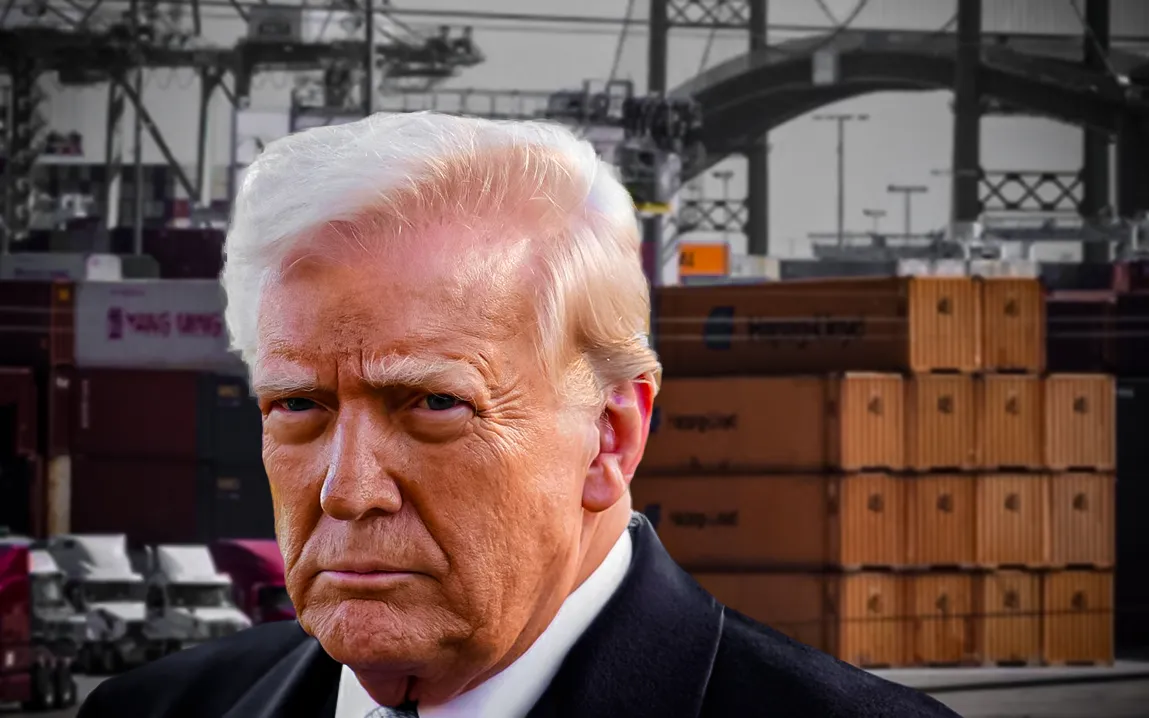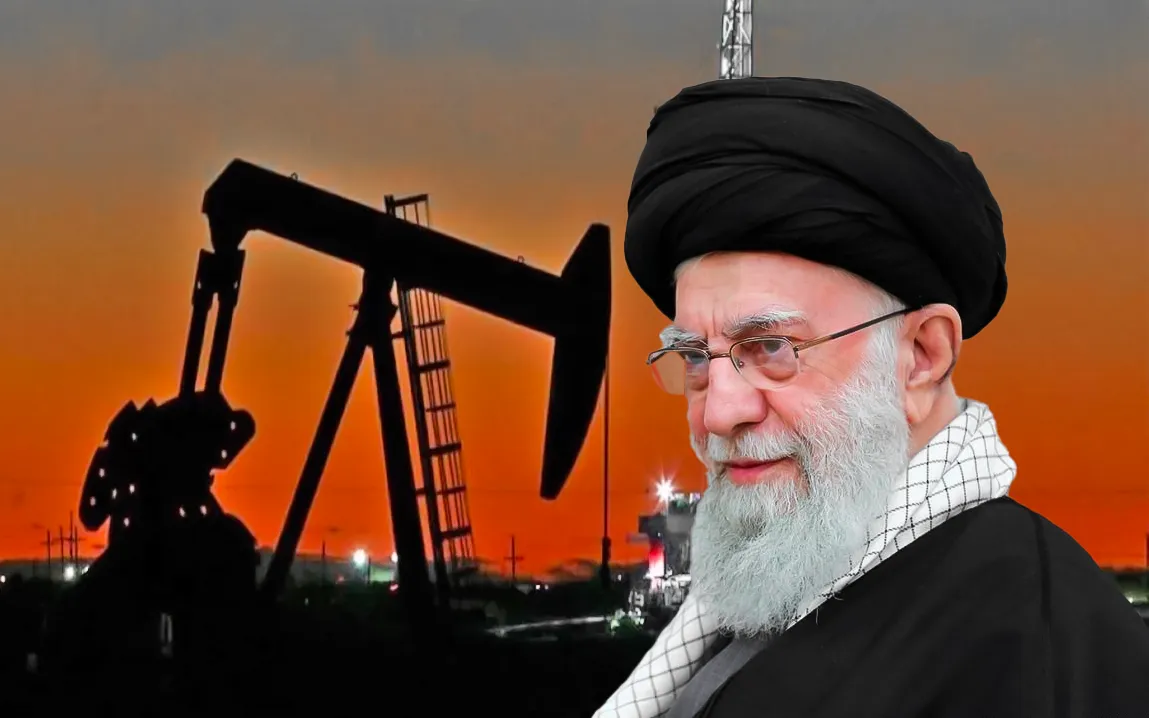President Donald Trump has proclaimed April 2 as “Liberation Day,” marking the beginning of a sweeping tariff policy to mitigate the United States’ dependence on foreign products and counterbalance trade deficits. The program brings on board “reciprocal” tariffs that will counter the import duties levied by foreign nations on U.S. products. The most affected sectors by these tariffs are the automobile, pharmaceutical, and consumer goods sectors.
In a recent address, President Trump reiterated the permanence of these tariffs, specifically mentioning a 25% tariff on all foreign-assembled vehicles starting April 3. He showed indifference to the possible price hike on imported cars, claiming that the action would help American-assembled automobiles. Financial analysts project that these tariffs will increase the average price of imported cars by $5,000 to $10,000.
The tariff strategy by the administration also involves a 25% charge on imports from any nation that buys oil or gas from Venezuela, terming such nations “hostile” to the U.S. This will be in effect from April 2 and is likely to affect various countries, including China, which absorbed 68% of Venezuelan exports of oil in 2023.
Although the administration believes that these tariffs will increase local manufacturing and shrink the federal budget deficit, economists caution against repercussions. The dangers include increased costs for American consumers, lower business profits, and a slowing down of economic growth. The stock market has already indicated instability with the expectation of the tariffs, with futures signaling possible declines.
Reactions internationally have been mixed. The United Kingdom is already engaging in active discussions with the U.S. for exemptions from the new tariffs, especially the 25% import duty on automobiles, which has the potential to hit British industry hard. Free trade and strong economic relations between the two countries have been prioritized by Chancellor Rachel Reeves.
In Australia, former U.S. trade negotiator Ralph Ives has argued against imposing reciprocal tariffs on Australian goods, citing the long-standing U.S.-Australia Free Trade Agreement that has ensured fair reciprocity for two decades. Ives warns that including Australia in the new tariff regimen could damage a strong and longstanding trade relationship.
As “Liberation Day” draws near, both foreign and domestic players are preparing for the effects of these broad tariffs. The complete implications are unclear, and the world economy waits anxiously as events unfold.



